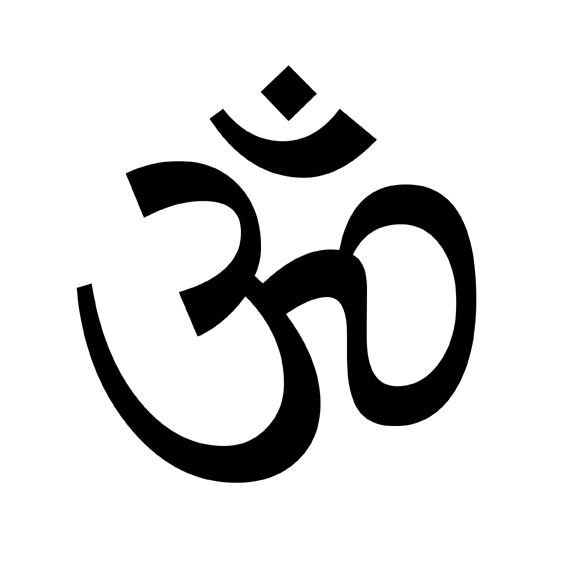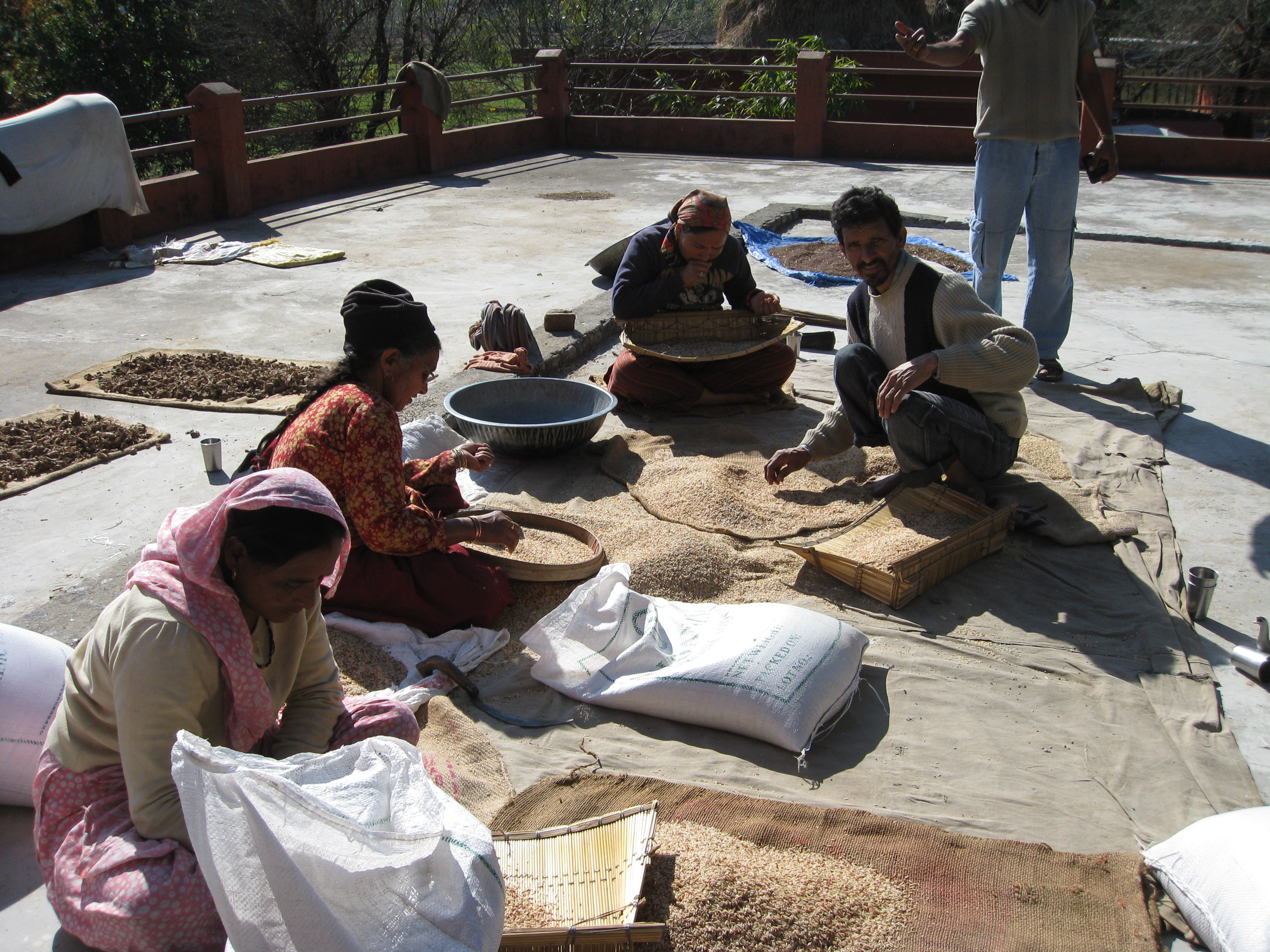The Transformative Processes in the
Context of India
Integrating
Another Transformative Process, is the integrative process which focuses on bringing “together people, characteristics, or activities that were polarized and made opposite by the Hierarchical Polarization Paradigm” (Matthaei, Brandt 9).
Again, India’s caste system created these polarities and divides between the classes solely based on which caste people belonged to. The older traditions and cultures also places dualities between the female and male sexes. However the integrative process is taking place and these gaps between the polarized groups are diminishing.
The Dalits or “untouchables” were called the Harijans, meaning the children of God, in the late 1980s by Mahatma Gandhi. He gave them this title because he wanted the society to accept the Dalits within the mainstream society. Gandhi started this way of thought during his fight for independence from British control. Now Indians have become more flexible and those in urban areas are less strict about the caste system. In cities, different castes mix on a daily basis. Brahims and Dalits can be seen working together. However in rural areas there is still discrimination based on caste, but the government is working hard to eliminate it.
Women in India have also gone through the integrative process. Women have entered men’s jobs, men’s spheres in society, and even in governmental leadership positions. The number of women in employment positions has increased. In addition, women are becoming more educated and pursing higher degrees. Vey importantly, women have had many leadership positions in government including Prime Minister and President. Currently, Sonia Gandhi is President of the nation. This clearly shows how the polarities are decreasing and spheres between men and women are integrating.
SOURCES:
"Employment for Women in Public and Private Sector in India." Industrial Relations. N.p., 2007. Web. 2 Apr 2010. <http://industrialrelations.naukrihub.com/women-employment.html>.
Matthaei, Julie and Barbara Brandt. "The Transformative Moment: Part II." From Richard Westra, ed. The Political Economy of the Present and Possible Global Future(s). (New York: Anthem Press, 2009), 9.
Men and women work side by side on Vandana Shiva's organic farm. (courtesy of Wellesley student's trip to India)
created by: Amy, Nirali, Maria, Maysa
purpose: Political Economy of Gender, Race and Class, midterm project, spring 2011
provider: Julie Matthaei
date created: 4/3/2010
Last Modified: 4/4/2010

